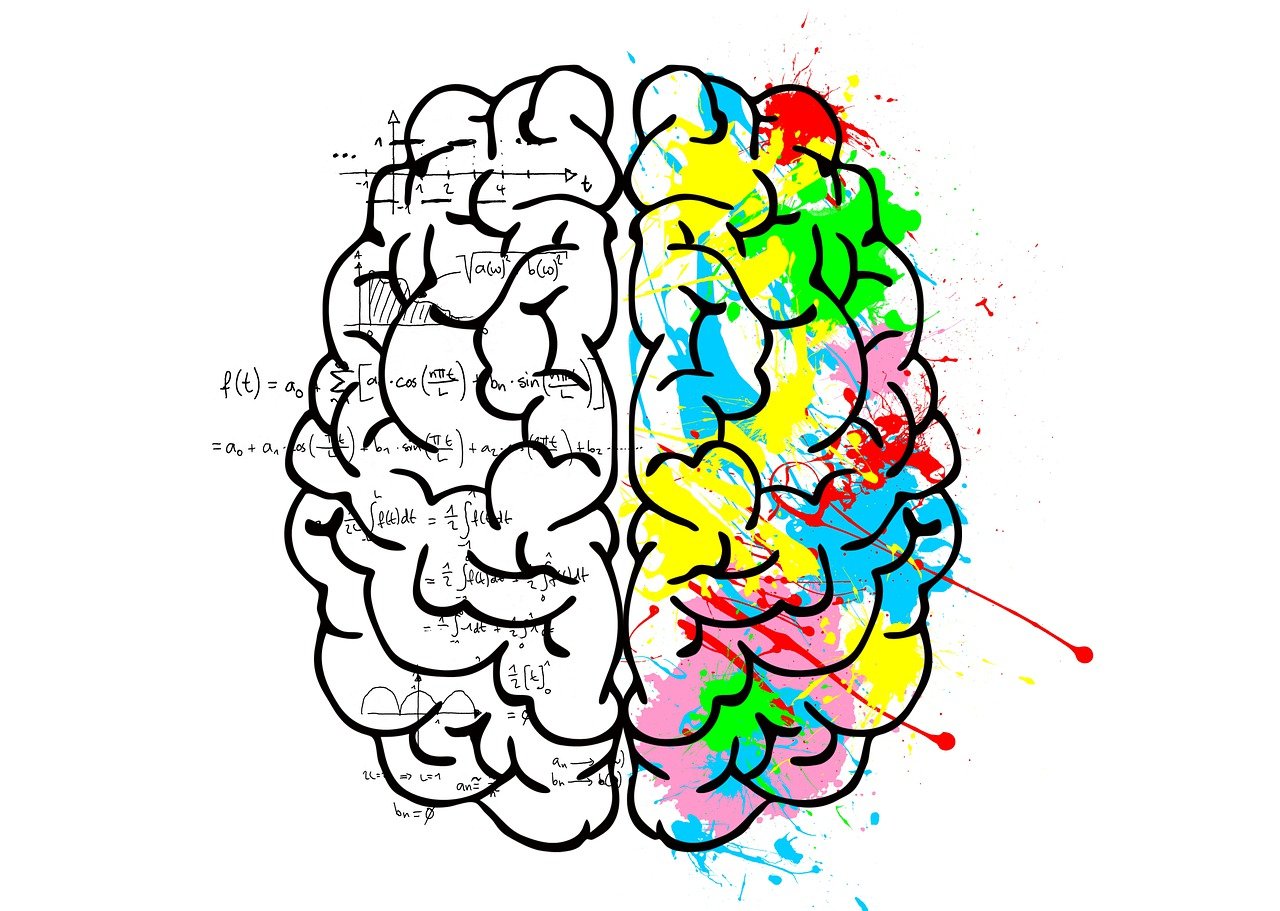Dangerous Struggle: Long-Term Effects of Untreated Mental Health Stress in Children

Key Points To Note On Long-Term Effects of Untreated Mental Health Stress
Introduction to Untreated Mental Health Stress
Mental health stress in children is a pressing concern that often goes unnoticed or untreated. With increasing societal pressures, academic demands, and social expectations, children are facing unprecedented levels of stress that can have profound long-term effects if left unaddressed. This article aims to delve into the often-overlooked consequences of untreated mental health stress in children, exploring how it impacts various aspects of their lives.
1. Impact on Physical Health
Mental health stress or disorder has a quite number of impact on one’s physical health both in adults and children. We will be discussing some of these impacts by sharing just a few under this sub-topic.
a. Increased risk of chronic illnesses:
Children experiencing untreated mental health stress are at a higher risk of developing chronic physical illnesses such as cardiovascular diseases, diabetes, and gastrointestinal disorders. The body’s stress response system, when constantly activated, can lead to inflammation and other physiological changes that contribute to the onset of these conditions.
b. Impaired immune function:
Chronic stress weakens the immune system, making children more susceptible to infections and illnesses. Studies have shown that children with untreated mental health stress may experience more frequent illnesses and longer recovery times due to compromised immune function.
c. Development of unhealthy coping mechanisms:
Without proper support and intervention, children may turn to unhealthy coping mechanisms such as substance abuse, overeating, or self-harm to alleviate their mental distress. These behaviors can have serious implications for their physical health and may lead to long-term addiction or other health complications.
2. Academic and Cognitive Effects
a. Decline in academic performance:
Mental health stress can significantly impact a child’s ability to concentrate, retain information, and perform well academically. Untreated stress may manifest as difficulties with focus, memory, and motivation, ultimately leading to lower grades and educational attainment.
b. Impaired cognitive development and decision-making abilities:
Chronic stress can interfere with the development of cognitive skills, including problem-solving, decision-making, and impulse control. Children experiencing untreated mental health stress may struggle with executive functions and may exhibit impulsive or risky behaviors.
c. Difficulty concentrating and retaining information:
Persistent stress can disrupt neural pathways involved in learning and memory, making it challenging for children to concentrate in school and retain information. This can create a cycle of academic underachievement and further exacerbate feelings of stress and anxiety.
3. Social and Emotional Consequences
a. Strained relationships with peers and family members:
Untreated mental health stress can strain relationships with peers and family members, leading to social withdrawal, conflict, and isolation. Children may have difficulty communicating their feelings and may struggle to connect with others, resulting in feelings of loneliness and alienation.
b. Development of mood disorders:
Chronic stress in childhood is a significant risk factor for the development of mood disorders such as depression and anxiety. Without appropriate intervention, these conditions can persist into adolescence and adulthood, affecting all aspects of a child’s life.
c. Increased risk of self-harm and suicidal ideation:
Children experiencing untreated mental health stress may resort to self-harming behaviors or experience thoughts of suicide as a way to cope with overwhelming emotions. These are serious red flags that require immediate intervention and support from mental health professionals.
4. Long-Term Behavioral Patterns
a. Risk-taking behaviors:
Untreated mental health stress can contribute to the development of risky behaviors such as substance abuse, reckless driving, and unprotected sex. These behaviors often serve as maladaptive coping mechanisms and can have detrimental consequences for a child’s health and well-being.
b. Aggression and conduct disorders:
Children who experience chronic stress may exhibit aggressive or antisocial behaviors, leading to a diagnosis of conduct disorder. Without intervention, these behavioral patterns can persist into adolescence and adulthood, increasing the likelihood of involvement in criminal activities and legal trouble.
c. Persistent emotional dysregulation:
Chronic stress can dysregulate the emotional response system, making it difficult for children to manage their emotions effectively. Untreated mental health stress may manifest as frequent mood swings, irritability, and emotional outbursts, impairing a child’s ability to navigate social interactions and relationships.
5. Impact on Future Relationships
a. Difficulty forming and maintaining healthy relationships:
The social and emotional consequences of untreated mental health stress can make it challenging for children to form and maintain healthy relationships. Trust issues, communication barriers, and emotional instability may hinder their ability to establish meaningful connections with others.
b. Patterns of conflict and instability in romantic relationships:
Untreated mental health stress in childhood can set the stage for patterns of conflict and instability in romantic relationships later in life. Issues such as jealousy, insecurity, and emotional dependency may arise, leading to difficulties in maintaining long-term partnerships.
c. Challenges with trust and intimacy:
Children who experience untreated mental health stress may struggle with trust and intimacy in their relationships due to past experiences of betrayal or abandonment. These issues can create barriers to intimacy and vulnerability, impacting the quality of their relationships and overall well-being.
6. Career and Financial Implications
a. Limited educational and career opportunities:
Academic underachievement resulting from untreated mental health stress can limit a child’s educational and career opportunities in the future. Without adequate support and intervention, children may struggle to reach their full potential and pursue their desired career paths.
b. Decreased earning potential:
Adults who experienced untreated mental health stress in childhood may earn lower incomes and have fewer opportunities for career advancement compared to their peers. The long-term effects of chronic stress on cognitive function and decision-making abilities can impact earning potential and financial stability.
c. Financial strain due to ongoing mental health treatment:
The financial burden of untreated mental health stress extends beyond childhood, as adults may require ongoing treatment and support to manage their mental health conditions. The cost of therapy, medication, and other mental health services can place a significant strain on individuals and their families, impacting their financial well-being.
7. Interplay with Physical Health Conditions
a. Exacerbation of existing physical health conditions:
Untreated mental health stress can exacerbate existing physical health conditions, such as asthma, eczema, and autoimmune disorders. The physiological effects of chronic stress can weaken the body’s immune system and increase inflammation, worsening symptoms of these conditions.
b. Increased healthcare utilization and costs:
Children with untreated mental health stress may require more frequent medical visits and hospitalizations for physical health issues, leading to higher healthcare utilization and costs. Addressing the underlying mental health stress is essential for reducing the overall burden on the healthcare system and improving health outcomes.
c. Poor adherence to medical treatments:
Mental health stress can interfere with a child’s ability to adhere to medical treatments for physical health conditions, such as medication regimens or dietary restrictions. Without proper support and intervention, children may struggle to manage their physical health effectively, leading to worsened outcomes and increased healthcare costs.
8. Societal and Community Effects
a. Higher likelihood of involvement in the criminal justice system:
Untreated mental health stress in childhood is associated with an increased risk of involvement in the criminal justice system later in life. Children who exhibit conduct problems or engage in delinquent behaviors may face legal consequences, perpetuating a cycle of incarceration and social disadvantage.
b. Strain on social welfare systems:
The societal costs of untreated mental health stress extend beyond individual families and communities, placing a strain on social welfare systems and public resources. The economic burden of untreated mental health conditions includes healthcare costs, lost productivity, and social services for affected individuals and families.
c. Impact on community well-being and productivity:
Children who experience untreated mental health stress may struggle to reach their full potential academically, socially, and economically, ultimately diminishing the overall well-being and productivity of their communities. When a significant portion of the population is affected by untreated mental health stress, communities may experience higher rates of unemployment, poverty, and social unrest, further perpetuating cycles of disadvantage and inequality.
Final Words / Conclusion
Untreated mental health stress in children can have far-reaching and long-lasting consequences that extend into adulthood, impacting physical health, academic achievement, social relationships, and overall well-being. From increased risks of chronic illnesses to limitations in educational and career opportunities, the effects of untreated mental health stress are profound and multifaceted. It is imperative that parents, educators, healthcare providers, and policymakers prioritize the early identification and intervention of mental health stress in children to mitigate these long-term consequences.
If you or someone you know is struggling with mental health stress, there are resources available to provide support and assistance. Below are some organizations and helpline numbers that offer mental health services:
- National Alliance on Mental Illness (NAMI) – Provides information, support, and advocacy for individuals and families affected by mental illness. Official Website: www.nami.org
- American Psychological Association (APA) – Provides information and resources on mental health topics, including finding a psychologist in your area. Official Website: www.apa.org
- Child Mind Institute – Offers resources and support for children and families struggling with mental health issues. Official Website: www.childmind.org
- Substance Abuse and Mental Health Services Administration (SAMHSA) – Offers a national helpline for individuals and families facing mental health and substance use disorders. Helpline: 1-800-662-HELP (4357)
- Crisis Text Line – Provides free, confidential support via text message for individuals in crisis. Text HOME to 741741 to connect with a trained crisis counselor.




